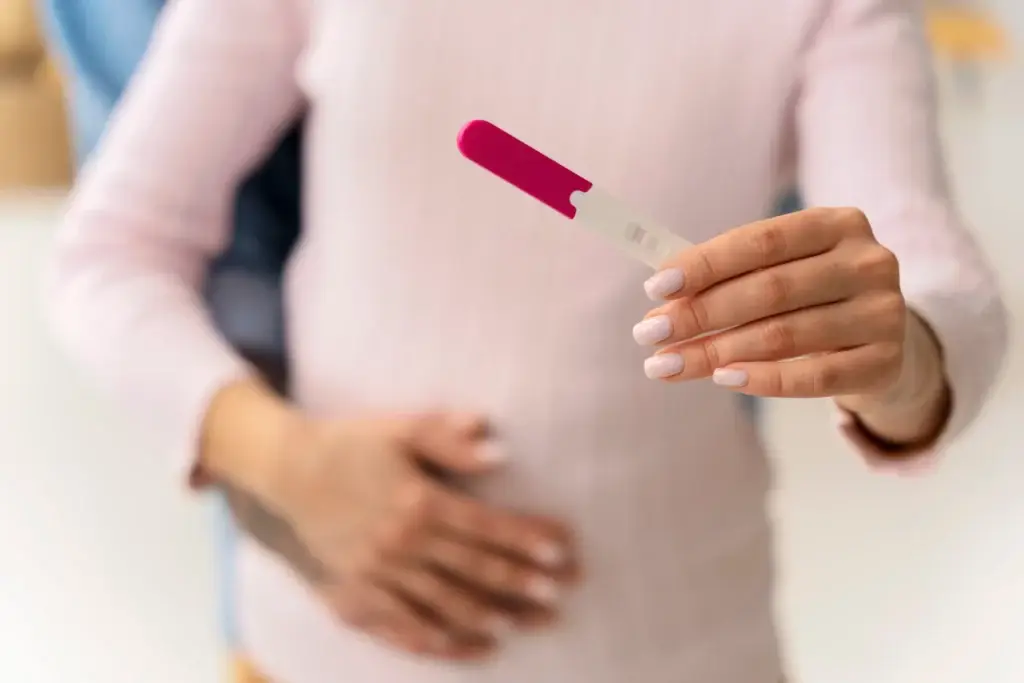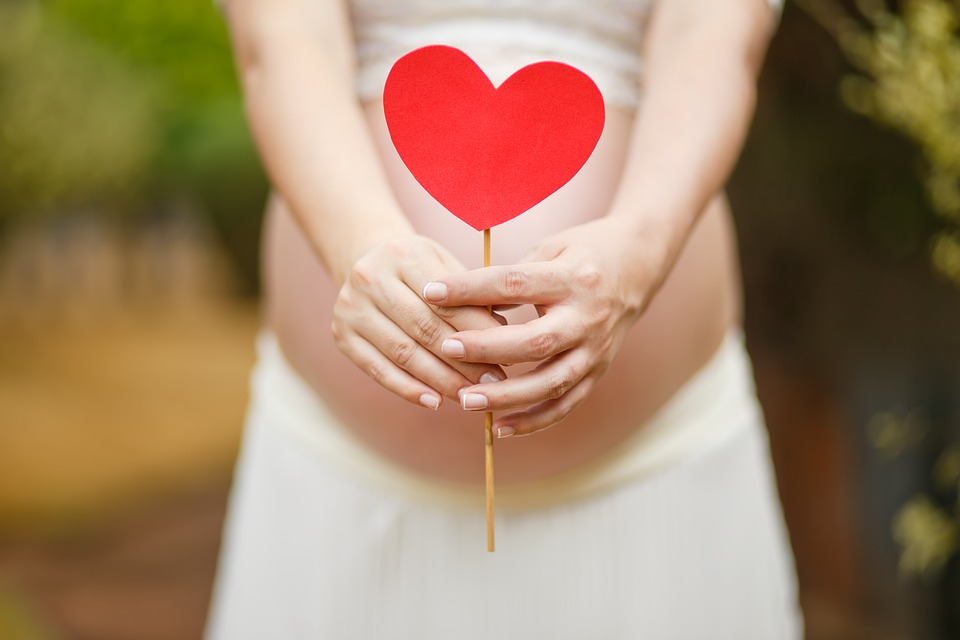Overview
The question, “What are the chances of getting pregnant from precum?” is a common concern, especially for those relying on withdrawal as a form of birth control. Precum, or pre-ejaculate, is a fluid released before ejaculation, and while it doesn’t usually contain sperm, it can still pose a risk of pregnancy. Scientifically, sperm can be present in precum if it mixes with leftover sperm from previous ejaculations. This makes the chances of getting pregnant from precum, though lower than with full ejaculation, not impossible. For those wondering, “Can precum cause pregnancy,” the answer is yes, albeit with a reduced probability compared to semen. The risk is notably higher during ovulation, raising questions about “what are the chances of getting pregnant from precum while ovulating?.” During this fertile window, even a small number of sperm can lead to conception, making the withdrawal method unreliable. It’s essential to understand that no method outside of abstinence is entirely foolproof, and precum can indeed lead to unexpected pregnancies. This blog explains medical facts, expert opinions, and scientific studies to help you understand the real risks and make informed decisions about sexual health and contraception.
Get a prescription for as low as $19/visit!
Can precum cause pregnancy?
Yes, precum can cause pregnancy, although the risk is generally lower compared to full ejaculation. Precum, or pre-ejaculate, is a clear fluid released before ejaculation that can carry sperm, especially if it mixes with residual sperm left in the urethra from a previous ejaculation. In one study, sperm was detected in the pre-ejaculate of 11 out of 27 participants. Although other research found fewer pre-ejaculate samples containing sperm, there is no reliable way to determine the quantity of sperm present, if any.
“Some studies suggest that withdrawal or pull-out can have a 20% failure rate. In other words, one in five couples using the pull-out method may become pregnant.”
Says Dr. Jolene Brighten, NMD, FABNE, an internationally acclaimed hormone expert, nutrition scientist, and thought leader in women’s medicine. She is board-certified in naturopathic endocrinology and trained in clinical sexology.
For those wondering if women can get pregnant without sperm, the direct answer is no; however, the presence of sperm in precum means there is still a pregnancy risk. For example, for questions like, How likely is it to get pregnant from precum right after your period? Depends on factors like ovulation timing and the sperm’s survival in the female reproductive tract.
If you’re questioning,
Scientifically, even a small number of sperm can fertilize an egg, which answers why precum causes pregnancy. Understanding these nuances helps clarify that even without visible ejaculation, unprotected sex can result in conception. For reliable contraception, considering options beyond withdrawal is crucial to reduce the chances of unintended pregnancy.
What are the chances of getting pregnant from precum while ovulating?
It is a significant concern for many. During ovulation, a woman’s body is at its peak fertility, increasing the likelihood of pregnancy even from small amounts of sperm. Precum, or pre-ejaculate, can contain sperm, especially if there’s any left in the urethra from previous ejaculations, making it possible for sperm to reach the egg. It’s important to understand that the chances of getting pregnant from precum are not zero, and during ovulation, the risk is even more pronounced. Relying on withdrawal alone is not a reliable method of contraception, especially when fertility is at its highest. However, since sperm can survive in the female reproductive system for several days and an egg is viable for 12-24 hours after ovulation, exposure to precum during ovulation can lead to pregnancy.
Dr. Ila Dayananda Answers, “How likely is it to get pregnant from precum right after your period?”
“It’s certainly possible to become pregnant from pre-ejaculation, especially during ovulation, However, it’s less likely than with full ejaculation.”
Says Ila Dayananda, M.D., MPH, OB/GYN.
The likelihood of getting pregnant from precum right after your period is generally lower but not impossible. Right after menstruation, fertility levels are typically lower. However, sperm can still survive in the female reproductive tract for up to five days, which means pregnancy could occur if you ovulate soon after.
The question Can pre cum get you pregnant is relevant here because precum can contain sperm, mainly if there was a previous ejaculation. Even without a full release of sperm, precum still poses a risk. Thus, although the probability is lower right after your period, it is not zero, making it essential to use reliable contraception methods if pregnancy is not desired.
Likelihood of pregnancy by situation
| Scenario | Likelihood of Pregnancy | Explanation |
| During Ovulation | High | Ovulation is the most fertile time; even a small number of sperm in the precum can fertilize an egg. |
| Right After Your Period | Low to Moderate | Fertility is lower right after menstruation, but sperm can survive for several days, posing some risk. |
| Just Before Ovulation | Moderate to High | The fertility window is approaching, increasing the chances of sperm from precum leading to pregnancy. |
| During Menstruation | Very Low | Pregnancy risk is minimal as ovulation is not occurring, but it’s not impossible if sperm survives. |
| Using the Withdrawal Method Reliably | Moderate | The risk remains since sperm may be present in precum, even if ejaculation is avoided. |
| Using the Withdrawal Method Unreliably | High | Increased chances of sperm presence in precum, especially if ejaculation has occurred recently. |
| Using Contraception (Condom, Pill, etc.) | Very Low | Proper contraception greatly reduces the risk, even if precum is present. |
Get a prescription for as low as $19/visit!
Is the pull-out method effective?
The pull-out method, also known as withdrawal, is one of the oldest forms of contraception, but it is far from the most effective. Scientifically, the effectiveness of the pull-out method depends on perfect timing and control, which is challenging to achieve consistently.
As per the reports of the Centers for Disease Control and Prevention (CDC), even when done correctly, it only reduces the chances of pregnancy by about 78%, meaning about 22 out of 100 women will get pregnant each year using this method alone. The risk remains primarily because of precum, which can contain sperm. This answers the question, How likely is it to get pregnant from precum? The chances are significant enough to consider the method unreliable, especially during fertile periods.
For those seeking reliable pregnancy prevention, combining the pull-out method with other forms of contraception, such as condoms or hormonal birth control, is essential to reduce the risk significantly.
When should you use emergency contraception like Plan B?
Emergency contraception, such as Plan B, should be used as soon as possible after unprotected sex or contraceptive failure to prevent pregnancy. Plan B is most effective when taken within 72 hours (3 days) but can be taken up to 120 hours (5 days) after intercourse. Scientifically, it works by delaying ovulation, so no egg is available for sperm to fertilize, making it crucial to use promptly. You should consider using Plan B in situations such as a missed birth control pill, a broken condom, or if no contraception was used at all. It is also recommended after withdrawal fails, which can occur if ejaculation happens earlier than intended or precum is present.
When other means of contraception are unavailable or after a sexual attack, emergency contraception is especially crucial for preventing pregnancy. Plan B, on the other hand, is not an abortion pill and won’t interfere with an already-existing pregnancy; it just works to stop one from starting. Although emergency contraception is safe and effective, it should not be used in place of routine birth control techniques because it is not meant to be used frequently. By knowing when to use Plan B, you may lower your chance of becoming pregnant unintentionally and make educated decisions about your reproductive health.
Get a prescription for as low as $19/visit!
When to take a home pregnancy test?
A home pregnancy test should be taken when you suspect you might be pregnant, typically after a missed period, for the most accurate results. Scientifically, these tests work by detecting human chorionic gonadotropin (hCG) in your urine, produced after a fertilized egg attaches to the uterine lining. The best time to take a home pregnancy test is at least one week after your missed period, as this allows hCG levels to rise enough to be detected reliably. However, some early detection tests claim to work even before a missed period, though these are less reliable and may result in false negatives.
Morning is the ideal time to take a test because the concentration of hCG is highest in the first urine of the day, improving accuracy. If your period is irregular or if you experience early pregnancy symptoms like nausea, breast tenderness, or fatigue, testing can provide clarity.
If the test is negative but you still suspect pregnancy, retake it a few days later or consult your healthcare provider for a blood test, which is more sensitive. Knowing the right time to take a home pregnancy test helps ensure accurate results and supports timely decisions regarding your reproductive health.
Get a prescription for as low as $19/visit!
When to consult a doctor?
If you suspect pregnancy or experience anything unusual, it’s always wise to consult a healthcare provider to ensure proper care and advice.
- If your period is late and a home pregnancy test is positive or unclear.
- Experiencing early pregnancy symptoms like nausea, fatigue, or breast tenderness without a positive test.
- If you have irregular periods or abnormal bleeding.
- Concerns about fertility, ovulation tracking, or trouble conceiving after 6-12 months of trying.
- If you’ve used Plan B or emergency contraception and have further questions.
- Any unusual pain, discomfort, or abnormal symptoms during early pregnancy.
FAQs about can u get pregnant from precum
The pull-out method, or withdrawal method, has a typical failure rate of about 20%, meaning 20 out of 100 women using it for a year may become pregnant. This high failure rate is due to pre-ejaculatory fluid potentially containing sperm and imperfect timing of withdrawal. For better pregnancy prevention, other contraceptive methods are recommended.
Yes, a single drop of semen can potentially cause pregnancy if it enters the vagina during intercourse. Sperm only needs to reach the egg to fertilize it; even a tiny amount can contain viable sperm. Therefore, it’s crucial to use reliable contraception to prevent unintended pregnancies.
After unprotected sex, the most effective method to prevent pregnancy is taking emergency contraception pills (Plan B) within 72 hours. These pills contain hormones that can prevent or delay ovulation. No drink can prevent pregnancy; emergency contraception is the recommended approach.
If you have sex in the days preceding or around ovulation, which usually happens 14 days before your next period, you can become pregnant. Pregnancy is possible for a typical 28-day cycle if sexual activity takes place between day ten and day 14 following the onset of your period. The length and regularity of a cycle can affect timing.







